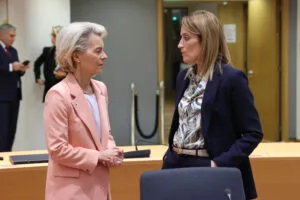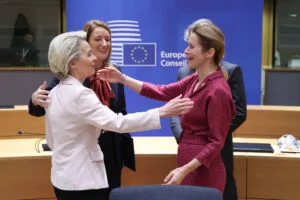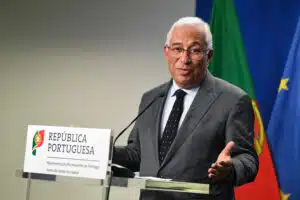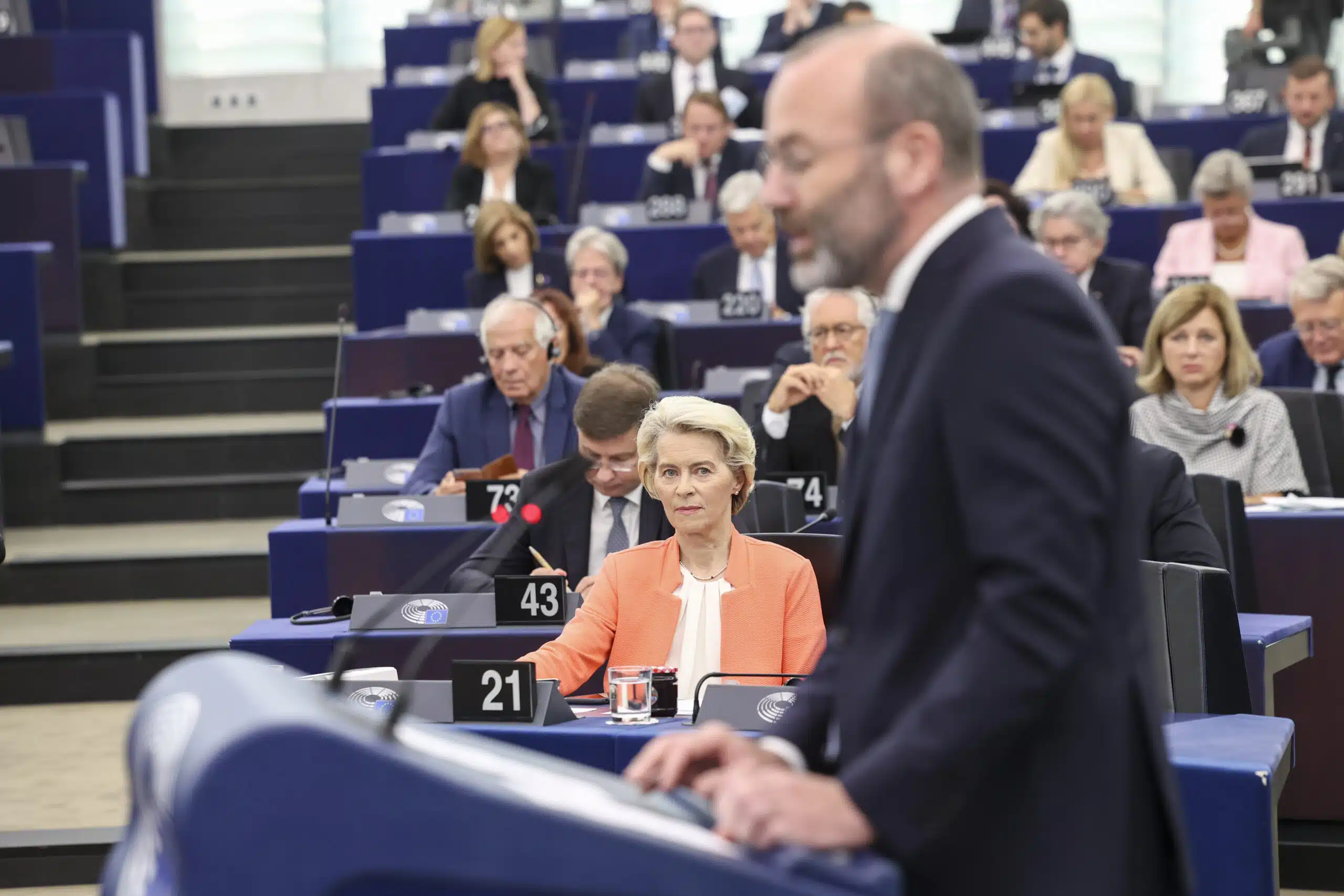Brussels – Top job is the most recurrent expression in the corridors of the EU institutions after the June 6-9 European elections. The definition of the power relations between the European parties according to the democratic will of citizens of the Union, the game in Brussels now moves to the negotiating table for the distribution of posts at the top of the Commission, Parliament, and European Council. As never before – subject to surprises, a commonplace in national and European politics – the distribution of posts could run smoothly and quickly, most likely already before the summer break, between late July and early September.

Mario Draghi was associated with virtually all EU institutions in recent months, but no one has pronounced it since the European elections. The shortlist is being well defined these days, pending the first (informal) summit between the heads of state and government of the 27 EU countries scheduled for the Monday (June 17) dinner. There, the leaders will meet face to face about the new post-election balances and how to translate them into appointments to the top positions in the EU institutions. The European People’s Party already confirmed that, after the convincing electoral test of the national parties affiliated with the EPP, it expects to obtain both the Presidency of the Commission and the first two-and-a-half-year “term” of the Parliament, in perfect continuity with the end of the ninth legislature, including the names, which are respectively that of Germany’s Ursula von der Leyen and Malta’s Roberta Metsola.
As for the former, there do not appear to be any credible alternatives for the leadership of the Union’s executive, although von der Leyen must guard against the political uncertainty in several capitals after the European elections. The situation is so calm in Brussels that the only controversial issue these hours concerns her participation in the informal meeting on June 17. After the clumsy attempt by the President of the European Council, Charles Michel, not to invite her to the table of the 27 Member States (even though the President of the European Commission is a member of the European Council), the compromise solution reached by the majority of EU leaders is to have her attend the first session on the results of the European elections, but not the actual dinner where the leaders will discuss the name for the leadership of the EU institution to which she is a candidate (to succeed herself).

As for the presidency of the European Parliament, Metsola, who has led the EU institution since January 2022, is always in pole position. The Popular Maltese did not speculate on her confirmation this morning (June 12) upon leaving the meeting of the EPP group in the European Parliament, also considering that the 720 MEPs at t the inaugural plenary session of the 10th legislature between July 16 and 19 and not the European Council will formally decide on this post. According to reports in Brussels, the only possible pitfall could come from the Spanish Popular–the third largest delegation within the group, behind the Germans and Poles–who could present an alternative name in the coming weeks. As for the passing of the baton from the Populars and Social Democrats to the Presidency of the EU Parliament over the next five years of the legislature, several sources in the two groups warn that it is still a premature topic, and it will depend on the distribution of posts in the other EU institutions.

Speaking of Social Democrats, the Party of European Socialism (PES) is betting all its cards on the next Presidency of the European Council, having reconfirmed itself as the second force in the European Parliament and limiting the risk of hemorrhaging votes. The European Socialists remain the unavoidable partner for the Populars in the centrist majority in the EU Parliament, which is why, given the parallel collapse of the Liberals, they are now aiming for more than just the EU High Representative (as they have in the last two terms). The clear favorite is Portugal’s former Premier António Costa, who has reportedly already garnered the support of the center-right government headed by Luís Montenegro. Other capitals do not consider a problem the scandal of the investigation into alleged corruption that forced him to resign in November 2023, although it does not concern him personally. Only the Northern countries could make grievances on this ground in a bid to push the Danish (Socialist) Premier Mette Frederiksen.
Finally, there is the last post at stake after the European elections, which, in the logic of partitioning the heads of EU institutions among the parties, should be claimed by the Liberals. In pole position for the post of EU High Representative for Foreign Affairs and Security Policy is the current prime minister of Estonia, Kaja Kallas, who, since February 24, 2022, has carved out the role of irreproachable leader backing Ukraine after it was invaded by Russia, being among the most determined at the table of the 27 EU leaders. This could earn the Estonian premier a promotion to the head of the Union’s foreign policy as a statement of support for Kyiv that, after over two years, is not likely to weaken. Another suspect from a geographic standpoint of outright support for Ukraine is the current Lithuanian foreign minister, Gabrielius Landsbergis, but – unlike Kallas – he would lack party credentials (he is a Popular) and has less political clout.
English version by the Translation Service of Withub









